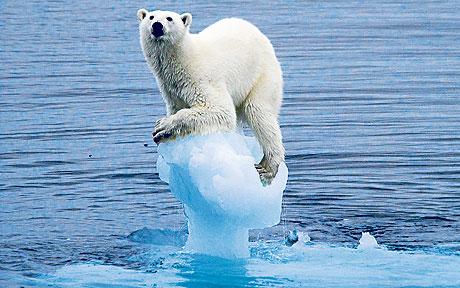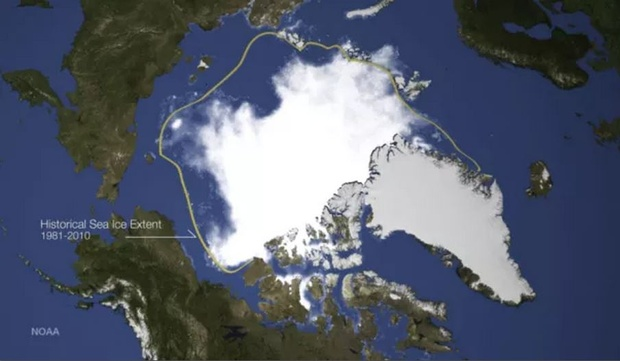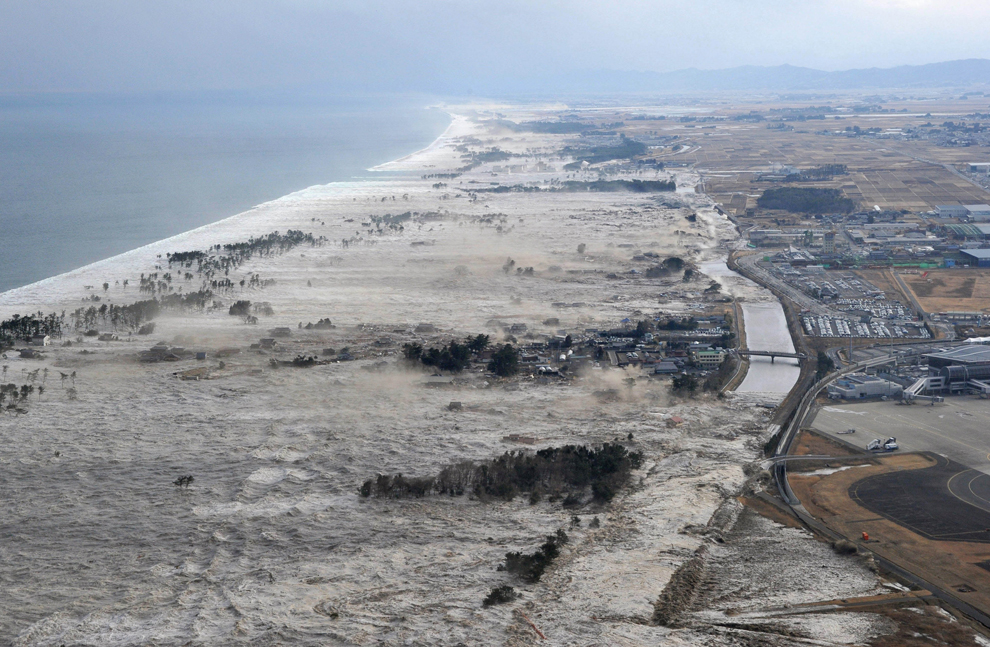
A sobering analysis by WWF and the Zoological Society of London finds that Earth has lost half(!) its wildlife over the past four decades (Those g*dd*mned parrotfish notwithstanding, of course.) “Creatures across land, rivers and the seas are being decimated as humans kill them for food in unsustainable numbers, while polluting or destroying their habitats…Today’s average global rate of consumption would need 1.5 planet Earths to sustain it. But four planets would be required to sustain US levels of consumption, or 2.5 Earths to match UK consumption levels.”
In related news, PriceWaterhouse runs the accelerating numbers on climate change and predicts a catastrophe within only twenty years, including “food security threats, coastal inundation, extreme weather events, ecosystem shifts, and widespread species extinction…at current rates, we’re headed towards 7.2 degrees Fahrenheit of warming by the end of the century—twice the agreed upon rate…G20 nations, for example, will need to cut their annual energy-related emissions by one-third by 2030, and by just over half by 2050.”
And here, the National Snow and Ice Data Center graphs the melting of the Arctic over the past 35 years. “The frigid dissolution, which the NSIDC calls ‘one of the most visible indicators of our changing climate,’ is worrying news as the ice plays a big role in reflecting solar radiation away from the planet. With less of it covering the ocean, the Northern Hemisphere will likely heat up quicker, hastening our arrival to the days of dangerously high sea levels.” And if — at this exceedingly late date — you don’t want to believe the science, ask the walruses.
It’s not like this all is a secret. We just saw the largest climate change march in history take place in New York. But you wouldn’t know about the threat we face from watching the news, who’ve (erroneously) decided that the real existential danger to life on this planet are ISIS (wrong) and Ebola (closer, still wrong.) Wolf Blitzer et al, you’re digging in the wrong place.








